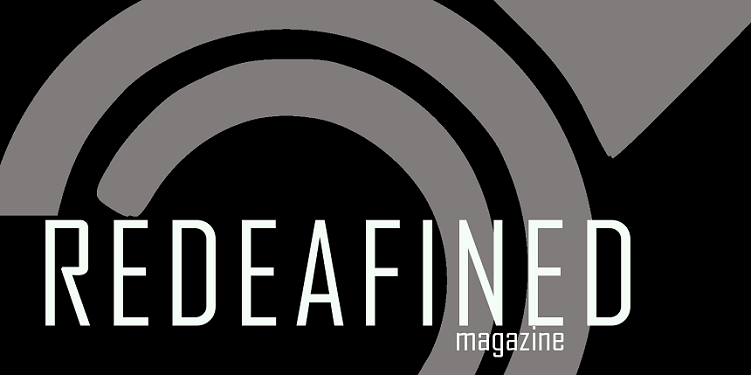[Photo: A screenshot of a YouTube video with a major automated caption fail]
Do you ever get the sneaking suspicion that you’re not getting the whole story? If you’re watching a movie or a television show on streaming video, you’ve probably had the feeling that something wasn’t quite right. Maybe the character’s lips were moving but no closed caption appeared on the screen. Or the subtitles were garbled or just made no sense. Perhaps a character onscreen screamed – but you never quite knew why because another character was speaking at the same time. When you rely on closed captions or subtitles for all your information, each lapse is akin to a missing page in a book. It’s also a huge insult to the 37 million deaf and hard of hearing Americans in the US.
Closed captioning has come a long way since 1972 when PBS introduced them for Julia Child’s iconic cooking show The French Chef. But that doesn’t mean closed captioning has truly entered the digital age. As recently as 2009, the National Association of the Deaf (NAD) took on Congress, demanding companies that offer streaming and online video stop excluding the millions of Americans who are deaf and hard of hearing. In 2011, the NAD sued Netflix for failing to provide closed-captioning on most of its streaming content. Netflix settled this lawsuit by promising to have all of its shows subtitled by 2014. All video streaming companies including Netflix, Hulu, Amazon and others have to offer closed captioning by April 30, 2014 or else be subject to the same fines as traditional broadcast television. Still, offering closed captioning isn’t the same thing as offering accurate closed captioning.
We believe it’s an issue of man vs. mechanization.
While machine translation is responsible for much of our closed-captioning and subtitling of broadcast and online streaming video, it fails on many fronts. It’s not capable of conveying word emphasis or nuance. Think of a typical courtroom TV drama – Can you imagine a machine capturing the complexities of a crowded courtroom while the lawyers shout to be heard over a sobbing defendant and an angry gallery crying out for justice? The closed captions almost never manage to convey it all.
We believe humans are the answer to closed captioning “fails” and missing subtitles. People, not machines, can ensure that films and TV shows receive the proper translations they deserve. Machines don’t stop to go over what ’s missed, or listen again to make sure it’s all been translated for the screen. But human translators take the time to listen and re-listen. And make sure that each gasp, each piece of slang and conversation subtlety is captured. Human translators love entertainment as much as the audience does – it’s their goal to make sure that you have access to every piece of dialogue that the writers intended its audience to have.
Viki, the unique global streaming video site with a unique crowd-sourced translation platform,
teamed up with the Oscar-winning actress Marlee Matlin for its Billion Words March. The
initiative is a year-long campaign to champion access to streamed TV shows and movies for
360 million people worldwide with deafness and hearing loss. The Billion Words March is our
response to the recent FCC regulation that mandates improved closed captioning for broadcast
TV and video streaming platforms in the US.
With innovative subtitling technology and amazing community of fans worldwide, Viki has always met these requirements, but we need your help to encourage all governments to take this important step. Viki is also looking for a few good translators to keep translating the world’s entertainment into clear, accurate closed captions. We already have over 600 million words translated on our platform. Our aim is to reach one billion words captioned before 2015. We’re thrilled to have teamed up with Matlin, who is our ally when it comes to leading the charge to make sure that people take initiative and don’t accept the status quo when it comes to access to entertainment for all.
"There's no excuse in this day and age with so much technology out there that's there's not
sufficient and 100 percent accurate captions,” she told ABC News in April. "The model Viki has
created works. It's always the users who know what we need.”
We’re proud to be rallying around a cause that brings humans and technology together to insure that everyone has access to everything that makes the best film and television so compelling. The deaf and hard-of-hearing community deserves better than machine translation. It deserves captions created with love by translators who care about a truly inclusive experience.
About the Author: Tammy H. Nam is Chief Marketing Officer and General Manager for Viki, the global TV site powered by millions of avid fans who help translate tens of thousands of TV shows and movies into over 200 languages. With over 30 million viewers a month, Viki offers prime-time content from around the world and makes it viewable in the language of your choice.

No comments:
Post a Comment